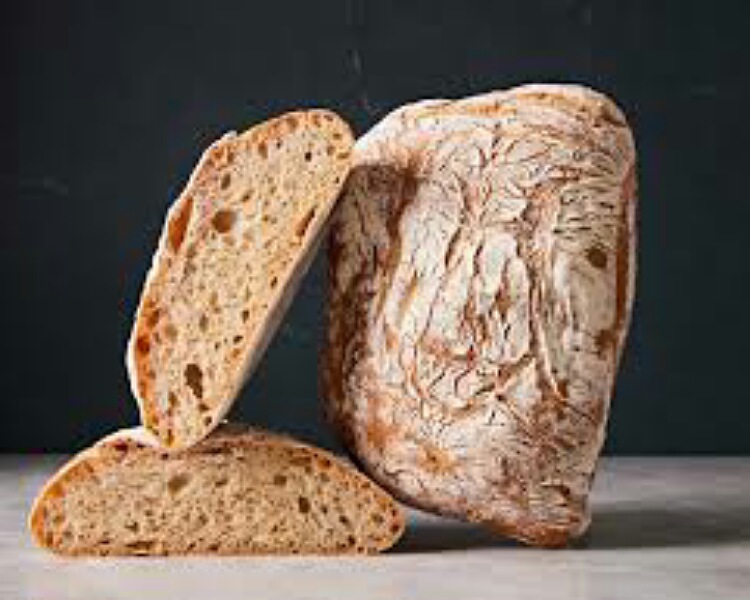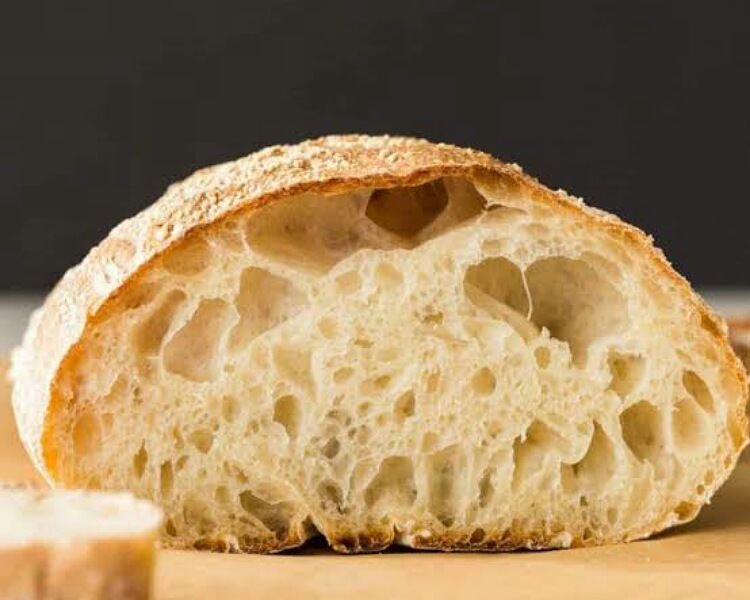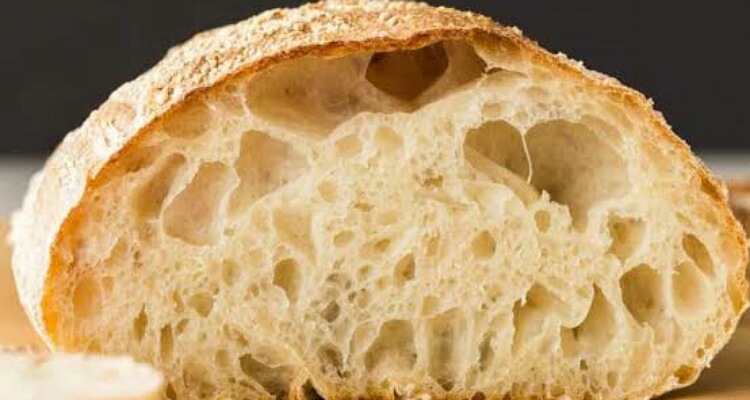Ciabatta is an Italian bread made on the lines of the French baguettes. It is crunchy hard outside and chewy inside. This is made and sold everywhere in the world now. But is it healthy? What are its nutritional and health values?
Ciabatta
This is a special bread that has its origin in Italy. Italian bakers wanted to make something similar to the French baguette. And this desire gave rise to this bread that got the name ciabatta. It is made of whole wheat flour with water, oil and yeast.
Arnaldo Cavallari was the first to create this bread. He called it ciabatta polesina after Polesine, his hometown. This was in 1982. Later, in 1999, his company, Molini Adriesi, licensed the recipe to bakers of 11 countries of the world.

This was in competition with the French baguettes. The recipe of ciabatta varies from country to country and also between the various regions of Italy itself.
Similar to baguette, its outer layer is somewhat hardish but crunchy. While its interior is chewy and tasty. Nowadays, you will find it globally in bakery shops, grocery shops and supermarkets. It is good and healthy at breakfast. But also it is a wholesome meal when you add vegetables with olive oil in between two cut loaves of this bread and make a sandwich.
Nutritional value
USDA data reveals that 57 grams of this bread has 140 calories with 29 grams carbs, 0 sugars, 5 grams protein, and 0.5 grams fat. There is no cholesterol in it. The fats are from olive oil that is added to the dough.

Hence, it is mainly monounsaturated fats and hence healthy for the body. Fiber is 1 gram and it comes from whole wheat flour.
Additionally, it has 320 mg of sodium. While potassium is 39.9 mg. And calcium is 10.3 mg. The protein and fiber yield most of the health benefits of this bread.
Health benefits
The main benefits are from whole wheat flour and olive oil. Due to the fiber in this bread, it helps in weight maintenance. The good fiber content makes the stomach fuller. Hence you eat less and this helps in weight loss and weight management. Most Americans consume less fiber in their daily diet. Therefore, adding ciabatta would be beneficial.

This bread has the potential to reduce remarkably the incidence of cardiovascular disease. A meta-analysis revealed that when fiber intake is adequate in diets of people, it causes a fall in the bad or LDL fats and cholesterol in the blood. This protects heart and arteries. The risk of heart attacks and strokes therefore comes down drastically. Similarly, fiber rich foods means starch conversion to glucose is slower. Hence blood sugar spikes are less and delayed. This reduces chances of development of type 2 diabetes. Most studies have yielded similar positive outcomes in patients: both men and women.
Read more: Sourdough bread: Process, nutrition, and health benefits
Additionally, researchers found that high fiber diet means less inflammation and reduced risk of Crohns disease. Ciabatta can rarely cause allergies or gluten intolerance issues.
